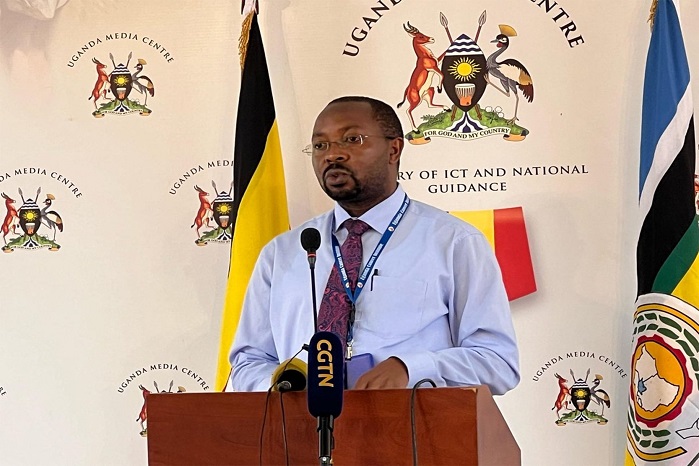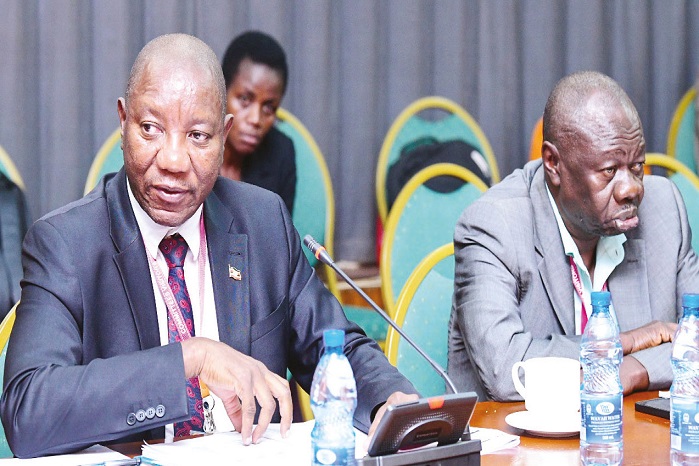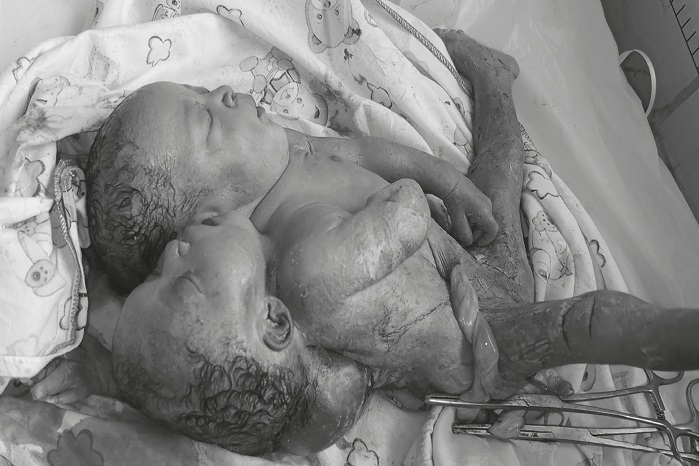
Dr Nixon Niyonzima
HABARI DAILY I Kampala, Uganda I A specialized training initiative focusing on oesophageal cancer care is about to commence for a group of health workers in Uganda, thanks to a collaboration between the Uganda Cancer Institute and experts from the United States.
Oesophageal cancer is a type of cancer that develops in the oesophagus, also known as the gullet or food pipe. The oesophagus is the long tube that carries food from the throat to the stomach. This kind of cancer occurs when abnormal cells grow and multiply in the oesophagus
Health workers selected from various regions of the country will receive training in the operation of advanced, minimally invasive surgical tools—an effort designed to enhance cancer treatment and broaden access to essential life-saving procedures.
Uganda reports approximately 2,400 new oesophageal cancer cases annually. Many patients face difficulties in obtaining timely and quality healthcare services.
The Uganda Cancer Institute specialists link poor health outcomes to delays in diagnosis, which are often a result of late medical consultation and low health-seeking behaviour among Ugandans.
“Approximately 82% of oesophageal cancer patients are diagnosed at stage three or four, while only 18% are caught at stage one or two, which severely impacts survival chances,” said Dr Nixon Niyonzima, Head of the Research and Training Directorate at the Uganda Cancer Institute.
He further noted that the average five-year survival rate for oesophageal cancer in Uganda is only 4.5%,” stated
To enhance early detection and treatment, this partnership has been established at the Kyabiirwa Surgical Centre in Jinja. This facility will now perform specialized life-saving oesophageal surgeries for cancer patients from all regions of Uganda.
“We are planning to treat a total of 50 patients with oesophageal cancer condition. The key aspect is that these patients will come from all over the country, including northern Uganda, Mbarara, and Kampala, coordinated through the Uganda Cancer Institute and Mulago Hospital.
We have successfully gathered patients from different areas, and the best part is that we are training their doctors to recognize these conditions in their communities,” said Anna Karumuba, the Director of Kyabiirwa Surgical Centre.
Dr Niyonzima however pointed out that the extension of these services to other regions of the country presents a significant challenge.
“There are only about four to five hospitals equipped with endoscopy machines. Additionally, while some private facilities have these machines, access to basic medical care remains unaffordable for many individuals.”
The most affordable endoscopy services are available at Mulago Hospital, costing Shs 400,000 just for sample collection for diagnosis.
This price is prohibitive for the average Ugandan. “To enhance access to more affordable healthcare, partnerships between public and private entities will be essential.”




